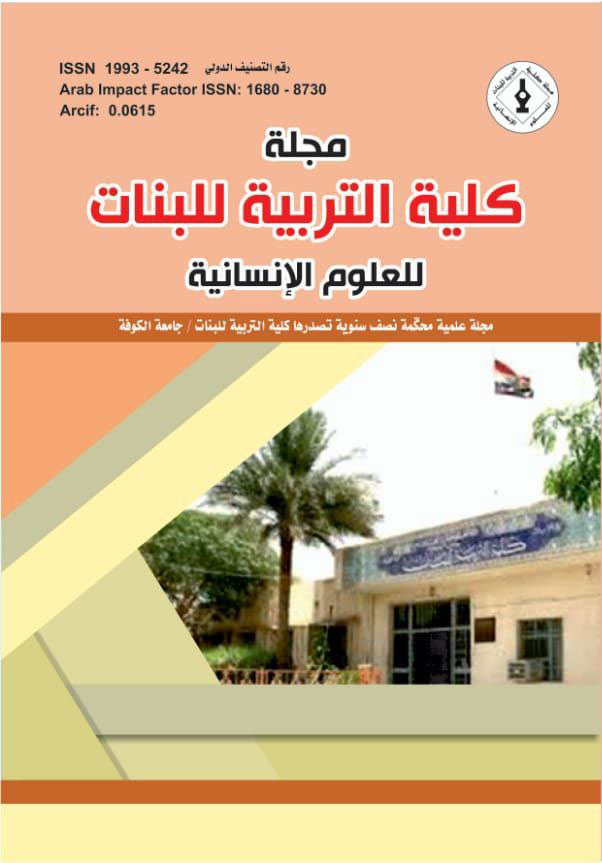Cancellation as Clarification or Contradiction: A Pragmatic Study of Verses from the Holy Quran
DOI:
https://doi.org/10.36327/ewjh.vi21.8859Abstract
The duality of ‘meaning’ and ‘saying’ in the question: “Do you mean what you say?” can be inferred according to the speaker/hearer duality. It may apparently reflect some views: a hearer who is not sure of what the speaker really means by what s/he says, a speaker who may not say what s/he means, or speaker who does not mean what s/he says. Hence, there is no concordance between what is said and what is meant. This consequently shows a distinction between an explicit and implicit meaning of the utterance. What is actually said and what is really implied is investigated by semantics and pragmatics respectively and even to use both disciplines to find out the distinguishing features. However, that question gives rise to still a number of problems in understanding and dealing with these two notions of such a conversational phenomenon.
Downloads
Downloads
Published
How to Cite
Issue
Section
License
Copyright (c) 2018 Abdul-Hussein Kadhim Reishaan

This work is licensed under a Creative Commons Attribution 4.0 International License.
which allows users to copy, create extracts, abstracts, and new works from the Article, alter and revise the Article, and make commercial use of the Article (including reuse and/or resale of the Article by commercial entities), provided the user gives appropriate credit (with a link to the formal publication through the relevant DOI), provides a link to the license, indicates if changes were made and the licensor is not represented as endorsing the use made of the work.









